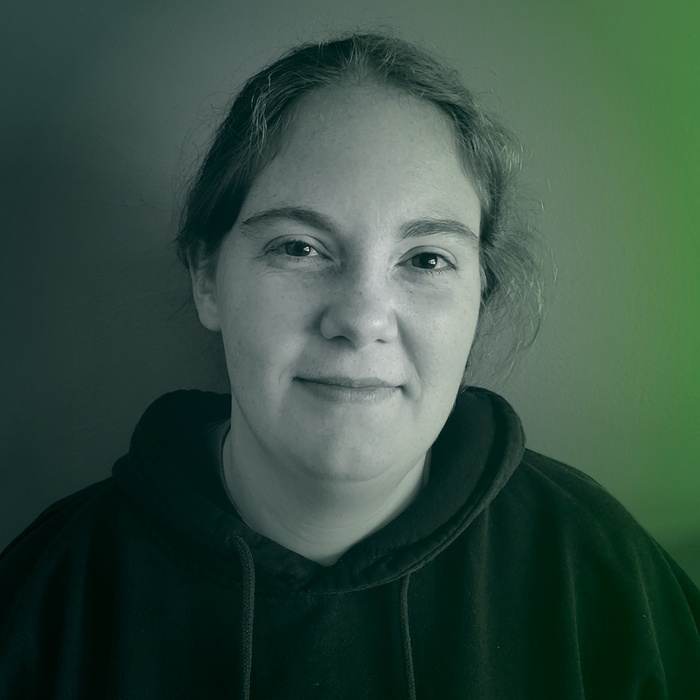
What is your position with Ellipsis?
I’m a youth care worker.
How long have you worked here?
I’ve worked at Ellipsis for six years now.
Have you had any other roles/jobs during your tenure with Ellipsis?
I started out at Ellipsis as an overnight youth care worker. From there, I moved to other youth care worker positions during more daytime hours. I’ve also served as a campus supervisor. Now, I'm a first-shift youth care worker.
What drew you to work at Ellipsis?
I applied at Ellipsis with the intention of getting experience and using this as one of my internships for college. I really wasn't sure at first if I liked doing this kind of work as I was a part-time staff member, meaning I rarely worked with the same kids and didn’t develop long-standing rapport with them. When I started working consistently in a cottage and got to know the kids well and make connections, I became hooked and have wanted to remain at Ellipsis since.
Can you recall a moment (during your career with Ellipsis) when you felt like you were in exactly the right place, doing exactly what you should be doing? What was that like?
The first thing that really made me realize I'm doing what I should be doing was seeing a kid I had worked with start to change into someone capable of being successfully discharged back into the community. It was not a quick process. But looking back at where he was on Day 1, he grew so much, and our efforts at Ellipsis made such a difference.
What are some of the more challenging aspects of this job?
Some kids’ negative behaviors are an obvious factor of what can be difficult about this job. However, we also encounter heartbreaking moments when hearing stories about what kids have gone through or things they have been told about themselves. A youth told me recently that he wanted to take his allowance home for his parent because he's been told by said parent that he's a financial burden. He's a young kid who should not be labeled as such by his parent and also should not be worrying about paying his parents.
What are some of the rewarding aspects of the job?
Successful discharges are the biggest reward I have. I also love when kids call back to let us know how well they are doing. Another rewarding aspect of this job is seeing real growth out of kids, seeing them make positive choices they would have never made when they first arrived.
Why is it important to have residential programs in communities and qualified people working in them?
It is important to have these programs for kids in communities because when these kids do well, we can take them out into the community to do activities or go to off-campus schools and work jobs. They can be rewarded for doing well and get socialization with the community they will soon be joining as adults. We need qualified people working with them so that they are getting the help they need to get them in a good place to go back home, to foster care or independent living and be successful.
What is a misconception people may have about mental health treatment? How do you dispel that?
Everyone can benefit from mental health treatment.
If there’s anything else you’d like to add about your role, please feel free to do so!
I love working at Ellipsis.
